Videos
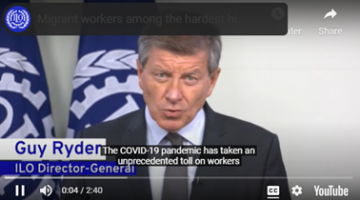
Migrant Workers Among The Hardest Hit By COVID-19 Pandemic

Migrant Workers Deserve Equal Treatment During COVID-19 Pandemic
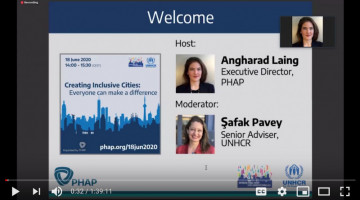
Creating Inclusive Cities (Global Compact on Refugees)
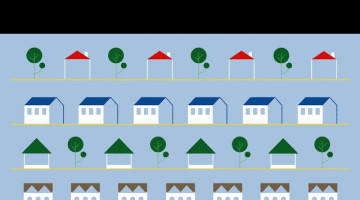
International Day of Family Remittances 2020

Preparing Refugee Youth for Resettlement - The Role of Pre-Departure Orientation

Introduction to IOM’s Transition and Recovery Division

Social Protection and Human Mobility
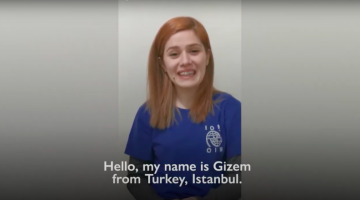
IOM's Nurses on International Nurses' Day
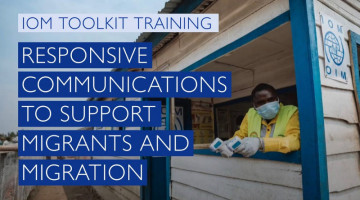
Migration Communication Campaign Toolkit

Linking insurance with remittances through technology
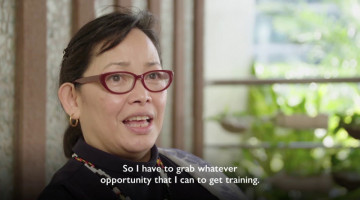
Return Migrants Contributing to Entrepreneurship and Growth
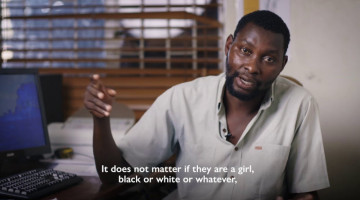
Enriching Rural Communities through Migration for Sustainable Development

How Does Psychosocial Support Contribute to the Well-being of Returnees?
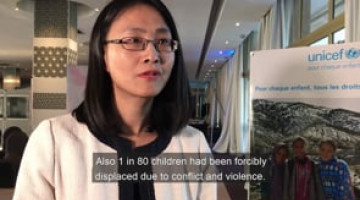
TALKING MIGRATION DATA: Data on migrant children

Speaking with Prof. Hein de Haas about the relationship between migration and development
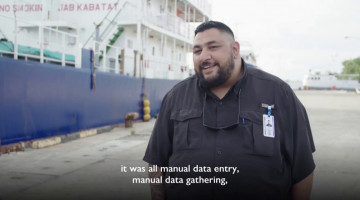
Protecting Sustainable Livelihoods with Innovative Border Security

Returning Migrants Participating in Decision-Making Back Home
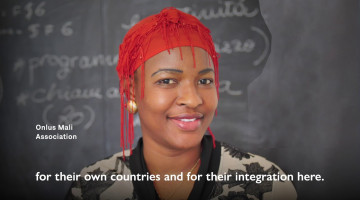
The A.MI.CO. project

Inclusive Cities: Enhancing the Positive Impact of Urban Migrants (UN-Habitat’s Flagship Programme)
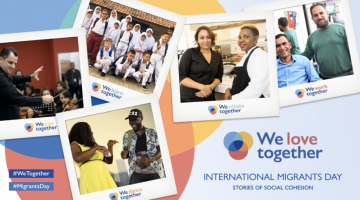
International Migrants Day 2019 - Social Cohesion and "We Live Together" campaign
Pagination
About the Migration Network Hub
What is the Migration Network Hub?
The Hub is a virtual “meeting space” where governments, stakeholders and experts can access and share migration-related information and services. It provides curated content, analysis and information on a variety of topics.
The Hub aims to support UN Member States in the implementation, follow-up and review of the Global Compact for Migration by serving as a repository of existing evidence, practices and initiatives, and facilitating access to knowledge sharing via online discussions, an expert database and demand-driven, tailor-made solutions (launching in 2021).
Submit your content
What content is displayed in the Hub?
The Hub aims to help you find information on migration, ranging from policy briefs and journal articles, existing portals and platforms and what they offer, to infographics and videos. The different types of resources submitted by users undergo peer review by a panel of experts from within the UN and beyond, before being approved for inclusion in the Hub. To provide guidance to users based on findings of the needs assessment, the content is ordered so that more comprehensive and global resources are shown before more specific and regional ones. Know a great resource? Please submit using the links above and your suggestion will be reviewed. Please see the draft criteria for existing practices here.
Apply to join the Peer Review Roster
Content submitted to the Migration Network Hub is first peer reviewed by experts in the field from both the UN and beyond. Applications are welcomed to join the roster on an ongoing basis. Learn more here.
Contact us
We welcome your feedback and suggestions, please contact us
*References to Kosovo shall be understood to be in the context of United Nations Security Council resolution 1244 (1999).
Newsletter
Subscribe to our newsletter.